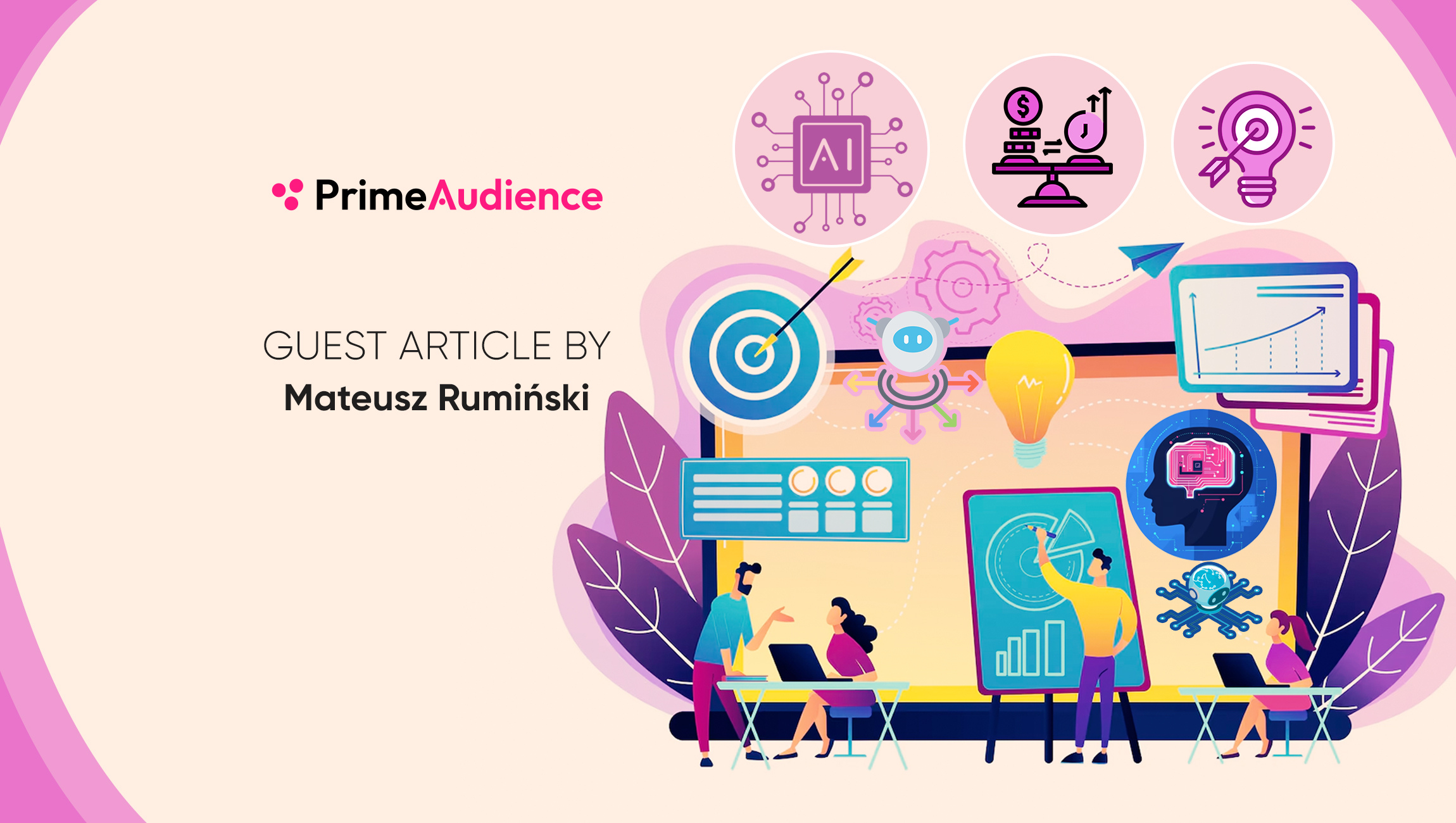Physical Address
304 North Cardinal St.
Dorchester Center, MA 02124
Physical Address
304 North Cardinal St.
Dorchester Center, MA 02124

In the summer of 2024, Google surprised the marketing world by halting its plans to completely end support for third-party cookies in Chrome. Marketers have been preparing for the change for years, but find themselves at a crossroads. While Google’s decision extended the use of cookies, it did not stop an overarching trend: the decline in the availability of user signals. In this context, artificial intelligence (AI), especially Generative AI (Gen AI), has come to the forefront of conversations about the future of digital marketing.
Gen AI, with its ability to generate new content using vast datasets, fills the void left by the wider signal loss. By leveraging this technology, marketers can solve audience targeting and personalization issues. Not only can it improve delivery accuracy, but it also speeds up the process of showing relevant ads to the right consumers.
PrimeAudience research reveals the growing importance of GenAI in marketing. Following Google’s announcement, 59% of US marketers reported an increase in reliance on GenAI. Among those already using the technology, 85% are already reaping the benefits in their marketing, with key benefits including better data analytics, better audience targeting and more effective personalization options for 50% of marketers.
This enthusiasm is reflected in budget allocation, with 90% of marketers planning to increase their spending on GenAI by at least 5% in 2025 – and more than half of them by 16%.
This was only made possible by the birth and rise of generative pretrained transformers (GPTs). First introduced by OpenAI in 2018, GPT-1 has demonstrated the ability to capture complex language patterns. Since then, technology has evolved to be capable of deeper contextual understanding; producing output in various applications, including tasks for which he was not specifically trained; joint processing of images and text; and creating highly personalized content across industries.
The expanded capabilities offered by GPT-4 create a goldmine of opportunities for marketers to adapt to the ever-evolving marketing landscape. They can better target audiences by leveraging a contextual understanding of technology and ensuring the creative displayed is deeply relevant to consumers. Importantly, it can be just as effective in environments where the AI is also not driven by privacy-sensitive user signals.
Marketing Technology News: MarTech Interview with Andrew Pascoe, VP of Data Science Engineering @ NextRoll
GenAI will continue to evolve and improve what marketers are able to produce with their ad campaigns. The next wave of innovation will bring more revolutionary changes that will change the way marketing teams work.
Multimodality will go beyond just image processing and together – technology will begin to include video, audio and even sensory data such as touch or smell. This will open the door to fully interactive AI-driven campaigns that deliver seamless and immersive experiences across multiple formats.
Rather than replacing human roles, Gen AI tools are increasingly designed to work with humans. AI-powered tools help streamline and automate tasks, allowing marketers to brainstorm ideas and co-create campaigns. By integrating human creativity with the efficiency of AI, marketers can increase their performance instead of AI taking over the entire process.
As the technology matures, GenAI will become more accessible to businesses of all sizes. Larger models with extended capabilities will meet different needs, while smaller, specialized models will provide cost-effective solutions tailored to specific tasks. These smaller models will be more cost-effective and affordable because they focus on delivering high performance for specific tasks and use much less computing power in the process.
This broader evolution of GenAI, as well as the birth of GPT-5, will completely change the way digital marketing is produced in 2025 and beyond. Marketers need to explore GenAI as part of their marketing strategies or risk being quickly left behind in today’s fast-paced competitive landscape.
The sooner marketers embrace this technology, the better they will be ahead of industry changes and changes in consumer behavior. GenAI has quickly evolved from a “must-have” to a “must-have” for marketers. With all the innovations to come, the possibilities for marketers who embrace this technology will be endless.
Marketing Technology News: Bridging the gap: How CMOs and CIOs can align to drive organizational growth